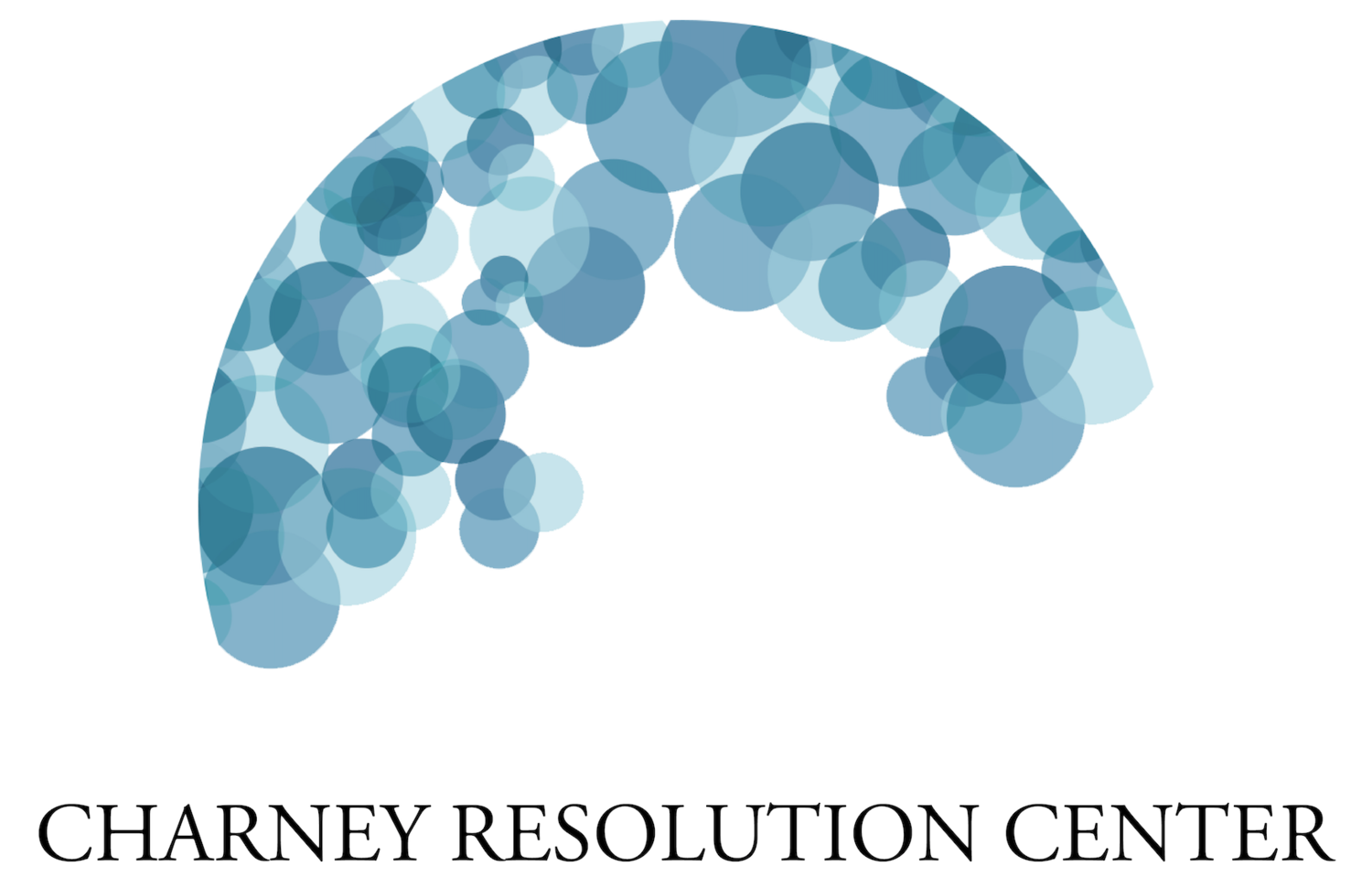The dramatic events surrounding Israel’s establishment of diplomatic relations with the United Arab Emirates and Bahrain are hailed by their champions as indicating the advent of a new era of peace in the Middle East. Certainly, for Israel to achieve relations with two Arab states which had long refused to recognize it is news. But is it a real breakthrough towards regional peace?
There are several issues to consider.
First, Israel has enjoyed quiet, unofficial relations with these two Arab states, and many others, for several years through a variety of what are called “backchannels.” Delegations have visited; meetings have been held; important deals have quietly been struck. The fact that the UAE and Bahrain have decided to break cover and openly declare the relationship which has been going on for some time is noteworthy, but the relationship itself is hardly new.
Moreover, while open relations with the UAE and Bahrain are welcome for Israel, these two countries are not the main prize. Such a breakthrough with Saudi Arabia would really signal the end of the Arab boycott of Israel. There seems little sign of this at present (though, increasingly in the Middle East, we live to be surprised). Of course, it is not likely that the UAE or Bahrain would have taken this step had Riyadh actively opposed it, especially not Bahrain, and Israel has also enjoyed quiet relations with the Saudis through backchannels for many years and will likely continue to do so.
Second, it seems unlikely, based on what we know of Riyadh’s publicly stated views at this time, that the Saudis will follow the UAE or Bahrain until progress is made on the Israeli-Palestinian issue. In many ways, we may think of the agreements between Israel and these two Arab states as a fore-runner of what may be if an Israeli-Palestinian agreement is finally achieved.
Notably, the UAE claimed as one of the benefits of its new relationship that the Netanyahu Government has shelved its annexation plans for the West Bank. But Netanyahu was facing hard going over annexation anyway and may have been looking for a way to hit the pause button without losing face. He has not shelved these plans permanently. The UAE deal may have bought him some respite to regroup and try later. Or, it may be the way he gracefully distances himself from annexation altogether. Time will tell, and Netanyahu has left his options open either way.
Much will depend, therefore, on whether the Saudis hold to a firm line on no formal relations with Israel until there is progress for the Palestinians. If they do, formal relations with a few smaller Arab states may be all the Netanyahu can achieve unless he makes some very hard choices which will offend his political base (but perhaps bring him a new base, if he makes peace with the Palestinians). Informal relations will go on as before, of course.
Finally, we much recognize that the real motivator of all this, both the formal recognition from Bahrain and the UAE, and the more important backchannels with the Saudis, has nothing to do with the Palestinian issue. Iran is the motivator of all this.
The Gulf Arab states are deeply concerned about Iran and are equally concerned that their traditional protector, the United States, is increasingly erratic and untrustworthy. They view a relationship with militarily powerful and advanced Israel, with whom they share concerns over Iran, as a way to increase their options when it comes to their own defence. They may also have calculated that having Israel lobby on their behalf in Washington is beneficial in an era when Americans are looking sceptically at foreign military interventions.
As always, the real losers in all this are the Palestinians. With very few cards to play, they had hoped that the façade of “Arab Unity” would prevail and at least deny Israel formal relations with the remaining states of the Arab world (beyond Egypt and Jordan) until they had achieved their state.
Time will tell if this proves to be a step which hastens that day, by giving Israel proof that Arab countries will establish relations with it if the Palestinian issue is resolved, or if it is beginning of the end of the last real card the Palestinians had, as Arab states slowly abandon the myth of unity to make peace with Israel one by one and leave the Palestinians to their fate.
------------------
Peter Jones is an Associate Professor in the Graduate School of Public and International Affairs at the University of Ottawa and Executive Director of the Ottawa Dialogue, a group which brings influential people in conflict together for quiet dialogues. He has led several such dialogues in the Middle East for many years.

